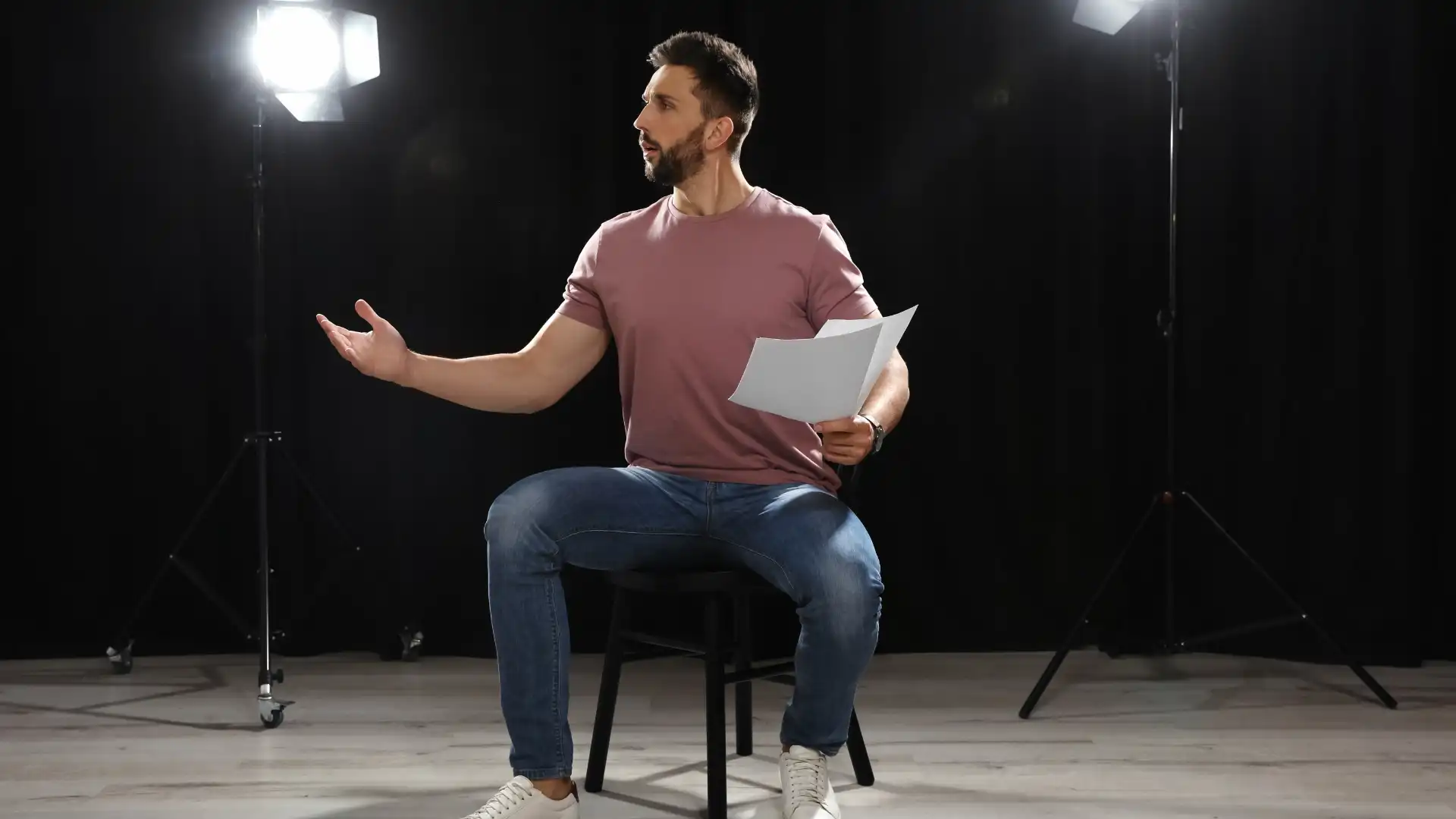Political journalism plays a crucial role in shaping public opinion, holding governments accountable, and providing in-depth analysis of political events and policies. For individuals passionate about politics and journalism, pursuing a political journalism course can be a transformative experience that equips them with the necessary skills and knowledge to excel in this dynamic field.
Importance of Political Journalism Courses
Political journalism courses are designed to provide aspiring journalists with a deep understanding of political systems, processes, and issues. These courses cover a wide range of topics, including political reporting, investigative journalism, ethics in journalism, and media law. By enrolling in a political journalism course, individuals can develop a strong foundation in political theory and practical journalism skills.
Skills Developed in Political Journalism Courses
Political journalism courses focus on honing essential skills that are critical for success in the field. Students learn how to conduct thorough research, analyze political events, interview key figures, and write compelling stories. Additionally, courses often include training on digital media tools, data analysis, and multimedia storytelling, preparing students to thrive in today’s fast-paced media landscape.
Ethics and Integrity in Political Journalism
Ethics and integrity are fundamental principles in journalism, especially in the realm of political reporting. Political journalism courses emphasize the importance of accuracy, fairness, and transparency in reporting political news. Students learn about the ethical dilemmas that journalists may face, how to navigate conflicts of interest, and the importance of upholding journalistic standards in political coverage.
Political Reporting and Analysis
Political journalism courses equip students with the skills to cover political events, analyze policy decisions, and provide insightful commentary on political developments. Students learn how to research political issues, fact-check information, and present complex political topics in a clear and engaging manner. By mastering the art of political reporting and analysis, students can become trusted sources of information for the public.
Interviewing Skills in Political Journalism
Effective interviewing is a cornerstone of political journalism. Courses in political journalism teach students how to conduct interviews with politicians, policymakers, experts, and other key stakeholders. Students learn how to ask probing questions, elicit valuable insights, and navigate challenging interview scenarios. Strong interviewing skills are essential for political journalists to uncover the truth and hold public figures accountable.
Digital Tools and Technology in Political Journalism
In the digital age, political journalists must be adept at using a variety of digital tools and technologies to enhance their reporting. Political journalism courses cover social media best practices, data visualization techniques, and online research methods. Students learn how to leverage digital platforms to disseminate information, engage with audiences, and stay informed about political developments in real-time.
Career Opportunities in Political Journalism
A political journalism course opens up a wide range of career opportunities for graduates. Political journalists can pursue roles such as political correspondent, investigative reporter, editorial writer, or news analyst. Other career paths include working for political think tanks, government agencies, non-profit organizations, or international media outlets. The skills acquired in a political journalism course are highly transferable and can lead to fulfilling and impactful careers in the field.
Industry Trends in Political Journalism
The field of political journalism is constantly evolving, influenced by technological advancements, changing media consumption habits, and shifting political landscapes. Political journalism courses keep students up-to-date on industry trends, emerging storytelling formats, and innovative reporting techniques. From multimedia storytelling to data journalism, students are encouraged to embrace new technologies and adapt to the changing demands of political reporting.
Challenges and Opportunities in Political Journalism
Political journalists face unique challenges, including navigating political bias, managing conflicts of interest, and upholding journalistic integrity in a polarized media environment. However, these challenges also present opportunities for journalists to make a meaningful impact, hold power to account, and contribute to informed public discourse. By enrolling in a political journalism course, students can prepare themselves to navigate these challenges and seize opportunities to make a difference through their reporting.
The Future of Political Journalism
As political landscapes continue to evolve and media consumption habits shift, the future of political journalism holds both challenges and opportunities. Political journalism courses play a vital role in preparing the next generation of journalists to adapt to these changes, embrace new technologies, and uphold the core principles of journalism in an ever-changing political environment. By equipping students with the skills, knowledge, and ethical framework needed to excel in political journalism, these courses are shaping the future of political reporting and analysis.
Conclusion
Overall, pursuing a political journalism course can be a transformative experience for individuals passionate about politics and journalism. By acquiring the necessary skills, knowledge, and practical experience through a political journalism course, aspiring journalists can start a rewarding and impactful career in political journalism.
Key Takeaways:
- Gain a deep understanding of political systems, processes, and issues through political journalism courses.
- Develop essential skills in conducting research, analyzing political events, and interviewing key figures.
- Uphold ethics and integrity in political reporting by prioritizing accuracy, fairness, and transparency.
- Master the art of political reporting, analysis, and storytelling to become a trusted source of information.
- Enhance interviewing skills to effectively engage with politicians, policymakers, and experts.
- Utilize digital tools and technologies to enhance reporting, engage audiences, and stay informed.
- Explore diverse career opportunities in political journalism, including roles in reporting, analysis, and writing.
- Stay updated on industry trends and innovations to adapt to the evolving landscape of political journalism.
- Embrace challenges and opportunities in political journalism to make a meaningful impact and contribute to informed public discourse.
- Prepare for the future of political journalism by acquiring the skills, knowledge, and ethical framework needed to excel in the field.
Consider taking the NYU | Modern Journalism online course and certificate program offered by Yellowbrick to further enhance your skills and pursue a rewarding career in political journalism. Start your journey towards becoming a proficient political journalist and making a difference through impactful reporting today!








